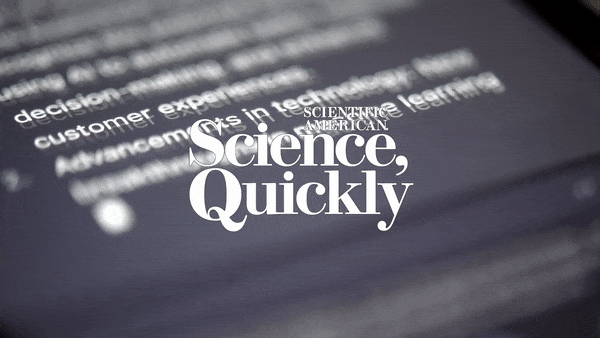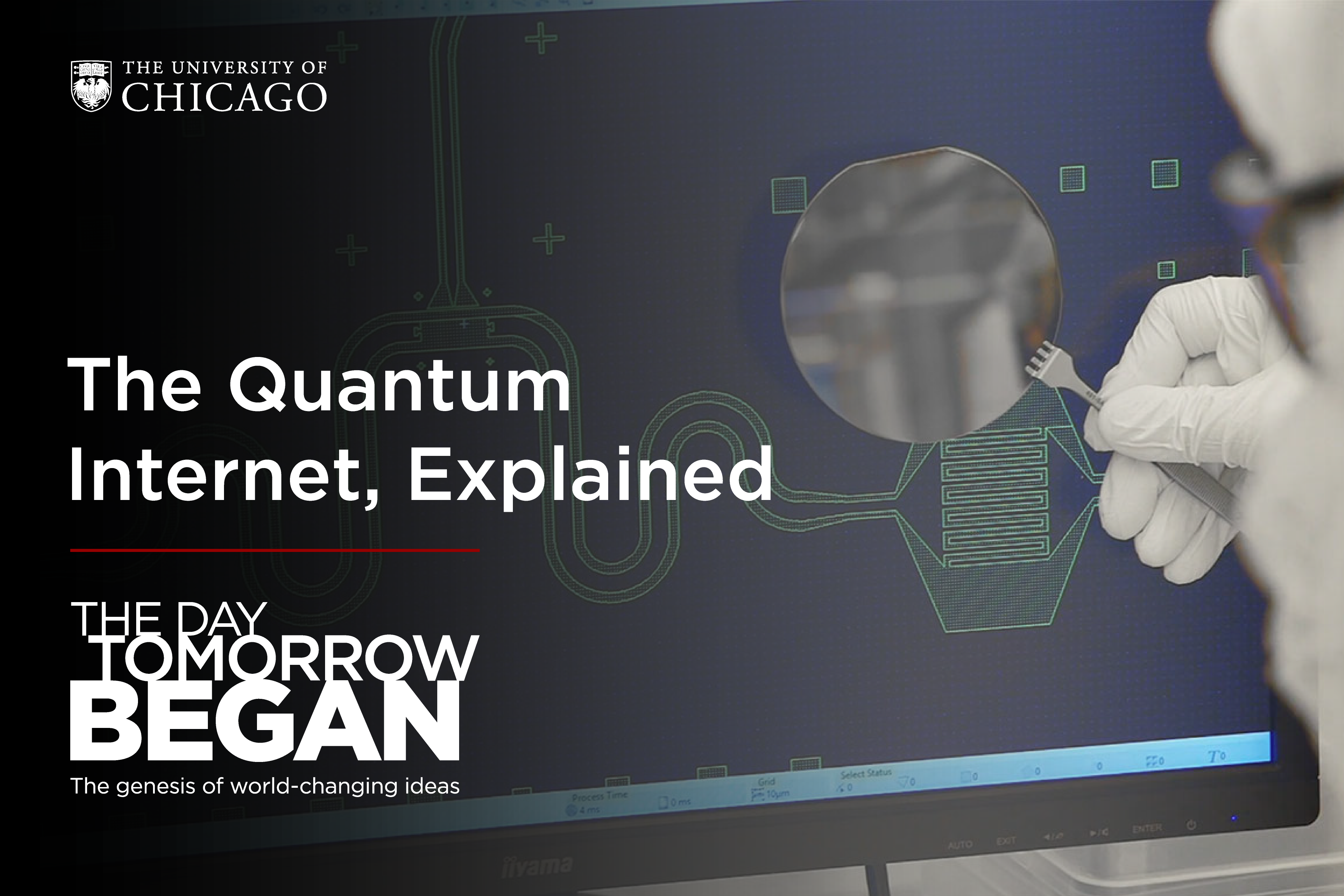 |
| May 23, 2023 |
Generative AI is cropping up all over the place. A fake photo purporting to be an explosion at the Pentagon went viral as perhaps the first AI-generated image to impact the stock market. Google announced plans to incorporate generative AI into its word processing, spreadsheet and search engine products (following similar moves from Microsoft). And if this rush to bring AI into our daily lives makes you worried—you're not the only one. This week's lead story is a podcast episode about the potential negative consequences of putting AI everywhere all at once. |
| | Sophie Bushwick, Associate Editor, Technology | |
 |
| Artificial Intelligence Why We're Worried about Generative AI From the technology upsetting jobs and causing intellectual property issues to models making up fake answers to questions, here’s why we’re concerned about generative AI. By Sophie Bushwick,Tulika Bose | |
| |
| |
| |
| |
| Space Exploration China's Mysterious Space Plane Returns to Earth Specialists speculate that a Chinese spacecraft that spent nine months in Earth’s orbit might be similar to a U.S. space plane, and it could have research or military uses | | By Yvaine Ye,Nature magazine | | | |
| |
| |
| |
| |
| |
FROM THE STORE
 | | | |
| QUOTE OF THE DAY
 "On Monday morning, a verified Twitter account called Bloomberg Feed shared an ominous tweet. Beneath the words, 'Large Explosion near The Pentagon Complex in Washington, D.C. - Initial Report,' it showed an image of a huge plume of black smoke next to a vaguely Pentagon-like building. On closer inspection, the image was a fake, likely generated by artificial intelligence." Will Oremus, Drew Harwell and Teo Armus, The Washington Post | |
FROM THE ARCHIVE
 | | | |
LATEST ISSUES
 |
| |
| Questions? Comments?  | |
| Download the Scientific American App |
| |
| |
























